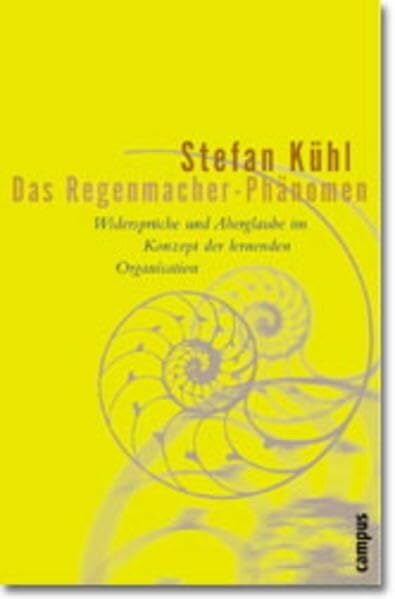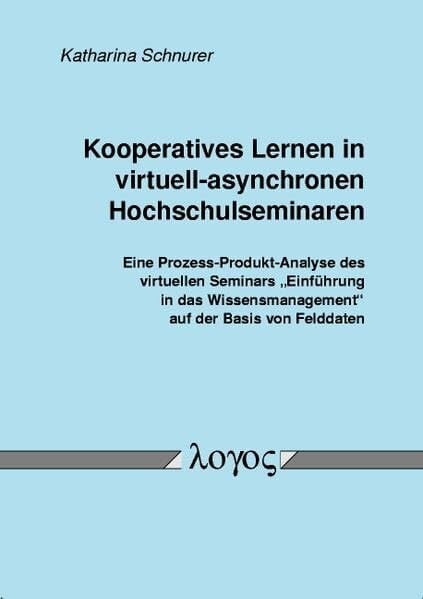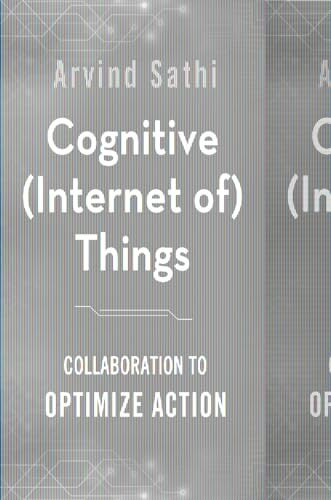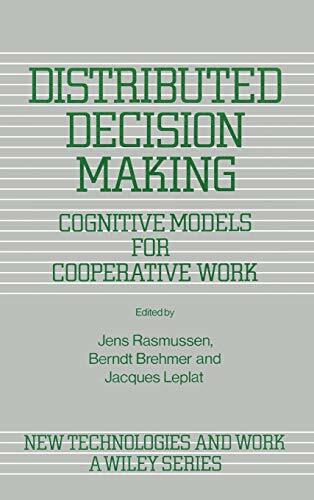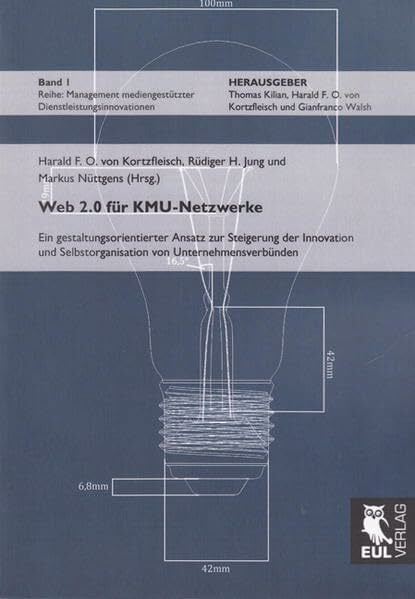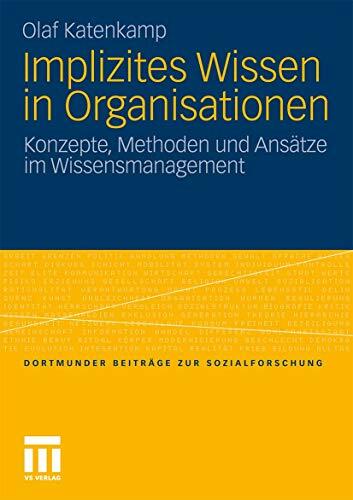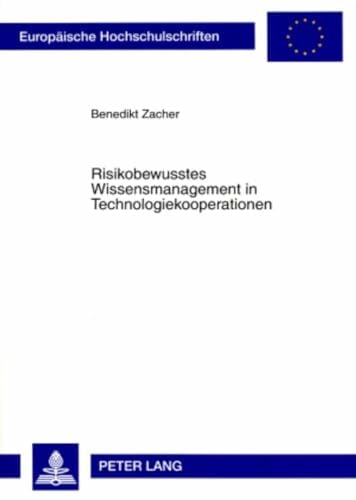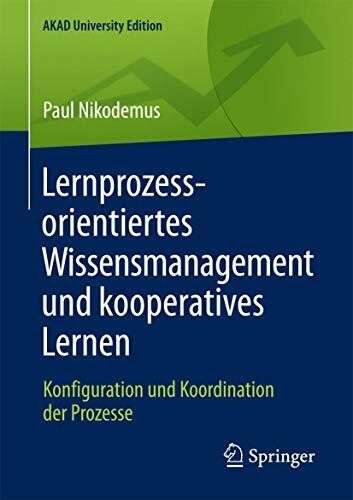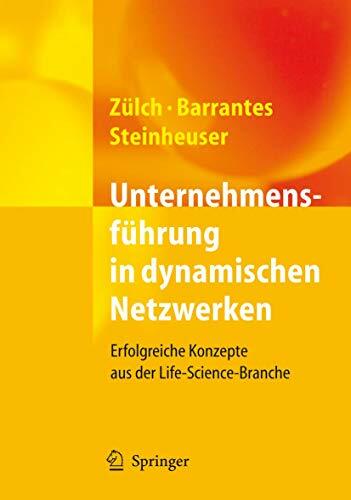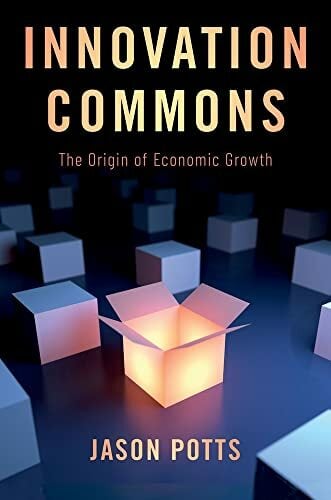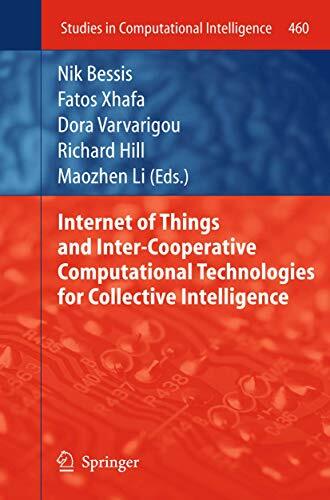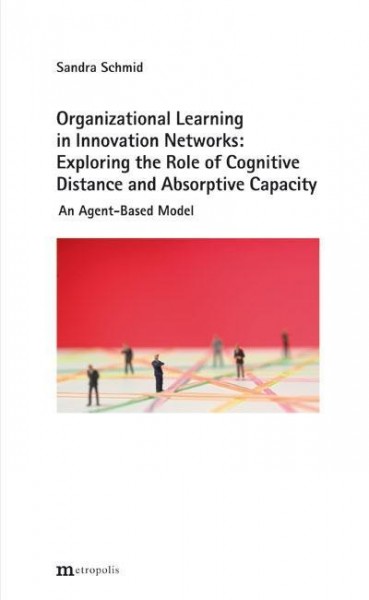
Organizational Learning in Innovation Networks: Exploring the Role of Cognitive Distance and Absorpt
Kurzinformation
inkl. MwSt. Versandinformationen
Artikel zZt. nicht lieferbar
Artikel zZt. nicht lieferbar

Beschreibung
The ability to innovate is in many industries key for firms' competitiveness and success. However, a large variety of resources, most notably knowledge, is necessary for successfully generating new ideas and innovations. This increasingly induces firms to collaborate with partners in innovation networks in order to access new knowledge outside their firm boundaries. This thesis analyzes the interplay of inter-organizational (in terms of cognitive distance between organizations) and organizational (in terms of absorptive capacity of an organization) learning in search for innovation (exploration and exploitation), two important levels which have rarely been studied jointly in a single model. Applying the dynamic, process-oriented method agent-based modeling (ABM) makes it possible to study these complex learning processes and their interactions which could otherwise only hardly be analyzed in one research setting. Building on a stylized agent-based model of search for knowledge creation and innovation, this thesis explores under which conditions explorative and exploitative search strategies of firms deliver promising results in terms of the generation of novel knowledge. Doing so, the required theoretical rigor in formal modeling is used to advance the understanding of the focal theoretical constructs (cognitive distance and absorptive capacity) which are normally difficult to formalize. The results show that an exploration strategy clearly benefits from an unrestricted, broad search scope in order to create novel knowledge. On the contrary, in exploitation scenarios the search scope does not significantly influence the knowledge creation performance. This research reveals, that managers should carefully select their collaboration partner which whom they want to share knowledge, because their search strategy has a far reaching effect on their exploratory innovation performance. Moreover, this research also indicates that the social environment of the innovation community might have an influential impact on the search for optimal exploration. Thus, managers should carefully select the network in which they want to participate.
Produktdetails

So garantieren wir Dir zu jeder Zeit Premiumqualität.
Über den Autor

- Gebunden
- 336 Seiten
- Erschienen 2008
- Springer

- paperback
- 270 Seiten
- Erschienen 2009
- Kovac, Dr. Verlag

- paperback
- 518 Seiten
- Erschienen 1995
- Free Press

- Gebundene Ausgabe
- 464 Seiten
- Erschienen 2020
- Springer

- paperback
- 418 Seiten
- Erschienen 2018
- Cambridge University Press
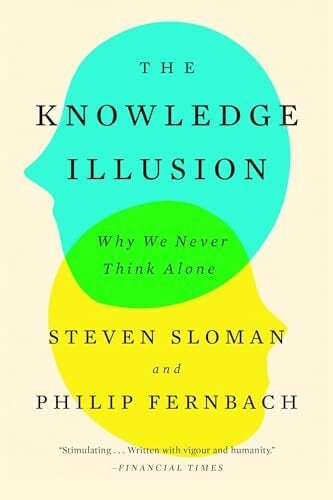
- Kartoniert
- 304 Seiten
- Erschienen 2018
- Penguin Publishing Group

- paperback
- 123 Seiten
- Erschienen 2023
- Nomos
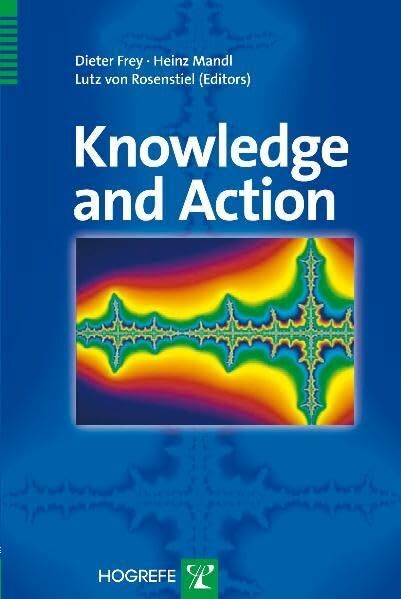
- paperback
- 208 Seiten
- Erschienen 2006
- Hogrefe Publishing








